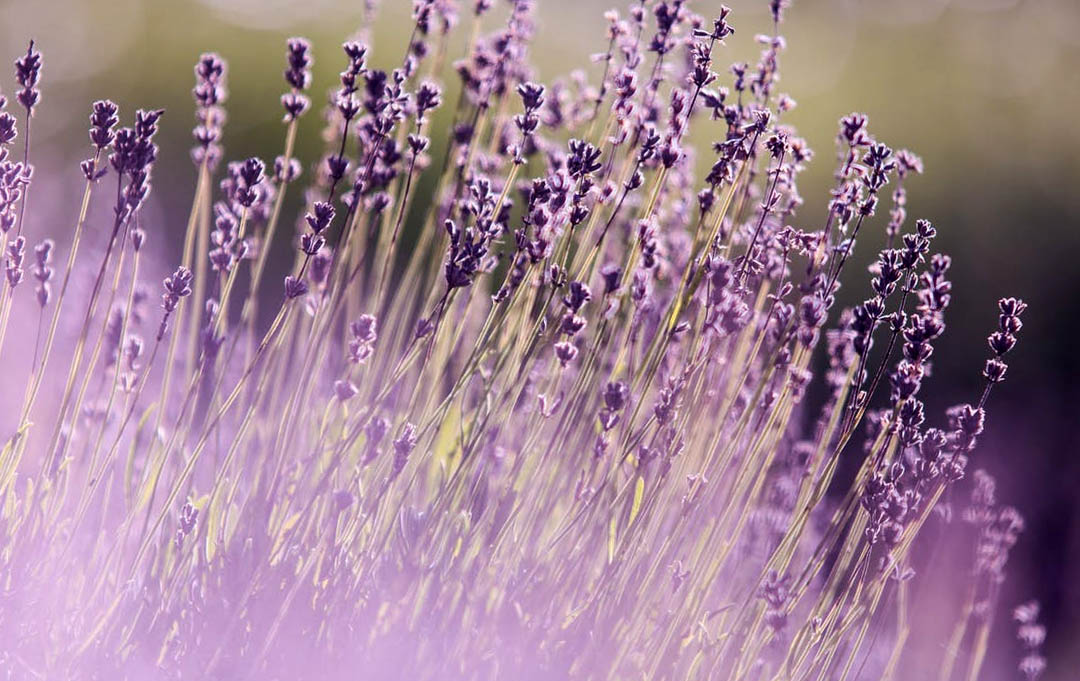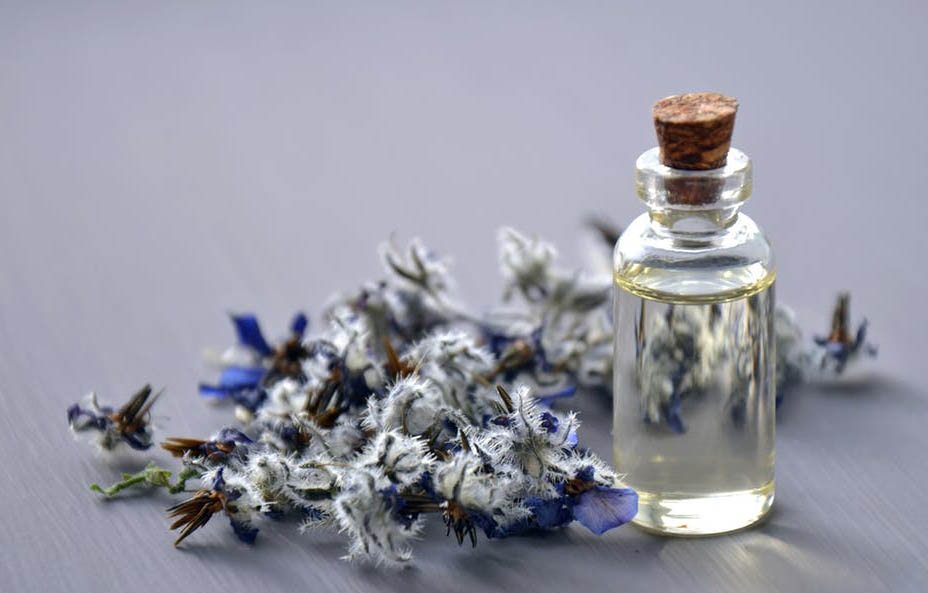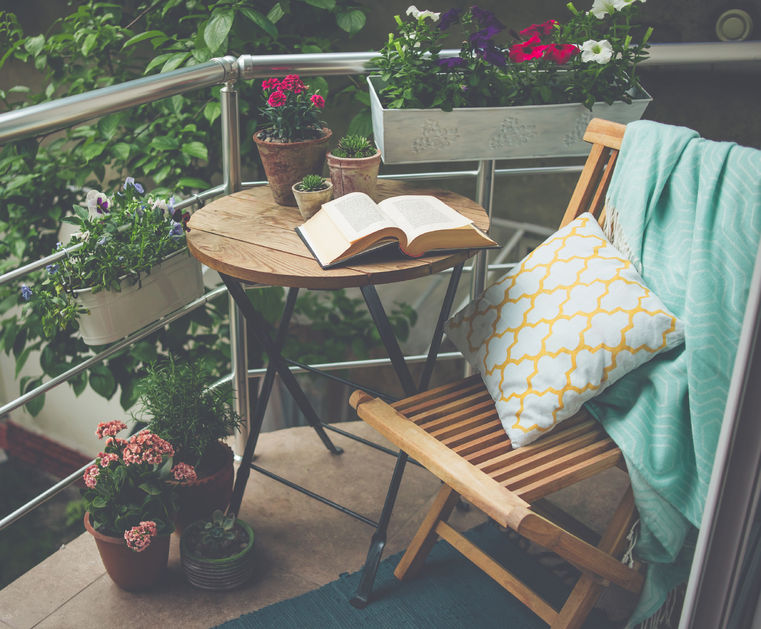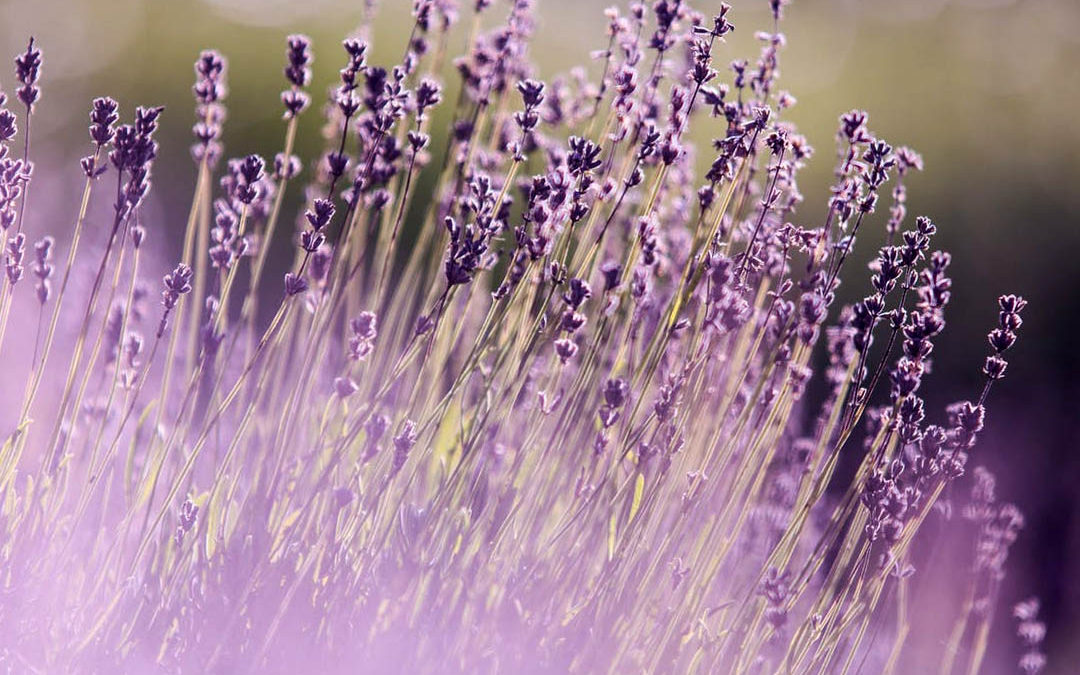Inhale something lovely, a sprig of lavender perhaps. What happens? Better yet, open the bottle of perfume your mother always wore. Memories flood in. Why?
Our sense of smell has been vital to our survival. We, in 2018, may not rely on that sense as we once did, but think about it: sniffing food to see if it is still edible, smelling the smoke of an enemy’s fire, detecting the healing properties of herbs through smell.
Our minds are a creation of the inputs coming from our five senses, and our sense of smell has the power to both heal as well as awaken memories. No matter whether it is a plug-in air freshener spraying out a vanilla scent or bath bombs from Scentsy Scent Circle that smells like mangos, it can take us back in time and flood our brain with memories, both good and bad.

Our Sense of Smell Triggers Memories
So, what is happening? In a nutshell, the aroma is traveling directly to the hypothalamus, the part of our brains responsible for emotional responses. The aroma ‘message’ flows through the bodies limbic system into the hippocampus, the part of our brain responsible for memory.
- You inhale tiny particles of essential oils from aromatic plants or aromatherapy.
- The olfactory receptors become stimulated in a process known as ‘olfaction.’
- The impulse is transmitted to the limbic system, the emotional center of our brain.
- The limbic system is connected to areas of the brain linked to memory, circulation, endocrine glands that regulate hormone levels.
A bit more of the Limbic System: considered to be the ‘interface’ between emotional states and memories. It is also the most primitive part of our brains and controls basic instincts, drives, needs, and avoidances. It also selects and transmits information between our short and long-term memory; hence the recollection of a distinct memory when smelling a particular fragrance. The Limbic System controls both.
Endocrine System: the primary regulatory system in the body made up of glands that secrete hormones into the bloodstream. These hormones regulate many bodily functions including mood, as well as metabolism and growth.
Autonomic Nervous System: also a primary system, it works on a level far below our ‘awareness’ and connects our brains to essential bodily functions including digestion, heart rate, respiration, and sexual responses.
Aromatherapy & Healing
So, for Aromatherapy proponents, the mind is a creation of all the inputs coming in from the five senses, and those nourishing smells awaken the innate healing powers in your mind. Whether inhaled through cotton balls, reed diffusers, or applied directly to the skin, aromatherapy works to bring changes to our emotional and physical well-being. There are many vectors that aromatherapy can use to create a beautiful aroma, from the aforementioned cotton balls or from humidifiers. Though many choose diffusers which can be bought from sites like https://newgreenair.com/ and filled with essential oils in order to carry a far-reaching aroma with apparently great health benefits. Some prefer to use dry herb vaporizer combinations like Flowermate aura or Crafty+ Vaporizer because of their compact size and portability. Dry herb vaporizers have a more ‘nature fresh’ appeal about them; a facet of aromatherapy that makes these products that much more alluring than their counterparts.

Modern medicine is beginning to turn its attention, and its techniques, to the study of the strong connection between fragrance and health. Plant-based therapies are much more widely studied and used in Europe, although they are catching on in America. There is high-quality evidence that points to the effective use of aromatherapy to improve mood, reduce stress, aid in sleep, as well as to treat viral, bacterial and fungal infections.
According to Dr. Arthur Tucker, writing in Mother Earth News magazine, his findings include:
- Lavender and Sandalwood increase alpha-wave activity (relaxation) in mice.
- Mice inhaling the oils of rosemary become more active, while valerian scent makes them calm down.
- Peppermint oil, applied to the temples, inhibits serotonin and a combination of peppermint and eucalyptus oil relieves headache pain in humans.
Dr. Axe, is a well-renowned certified doctor of natural medicine, clinical nutritionist, and a doctor of chiropractic who has a passion for helping people live a healthy lifestyle. He recommends many plants for aromatherapy beyond the aromatic flowers that immediatly come to mind, other plants such as oregano, peppermint, eucalyptus, fennel, lemongrass, and more. His list of health conditions that can likely benefit from aromatherapy include:
- Anxiety, depression & chronic stress
- Joint & muscle pain
- Insomnia & trouble sleeping
- Digestive issues & respiratory infections
- Skin disorders & problems
- And much more…
Research seems to merely be scratching the surface of the inherent benefits of aromatherapy; likely there is still more science will eventually uncover.
Aromatherapy Gardening
While you can buy, or even create homemade essential oils, please don’t forget about the easiest way to enjoy & benefit from the healing power of aromatherapy – planting your aromatherapy garden. Perhaps you have a backyard to create a sizeable floral garden, or a small urban patio oasis, or even a fantastic indoor garden space, all of these can lend themselves to being able to benefit from therapeutic fragrances. Even a window box or a garden path can have aromatic herbs spilling out in all directions. Now imagine yourself standing or sitting in this cozy space breathing in lovely fragrances of your favorite beneficial, fragrant flowers & herbs. Creating your zen garden while incorporating a plethora aromatic flowers & herbs can lead to endless hours of happiness, healing & tranquility.
A word of caution: for some, aromatherapy is not recommended: persons with high blood pressure, young children, pregnant women, persons with epilepsy. Essential oils, aromatic oils that are distilled from plants, contain active volatile substances. These oils can react with prescription drugs and supplements, causing adverse reactions. Always consult a professional before administering.



Trackbacks/Pingbacks